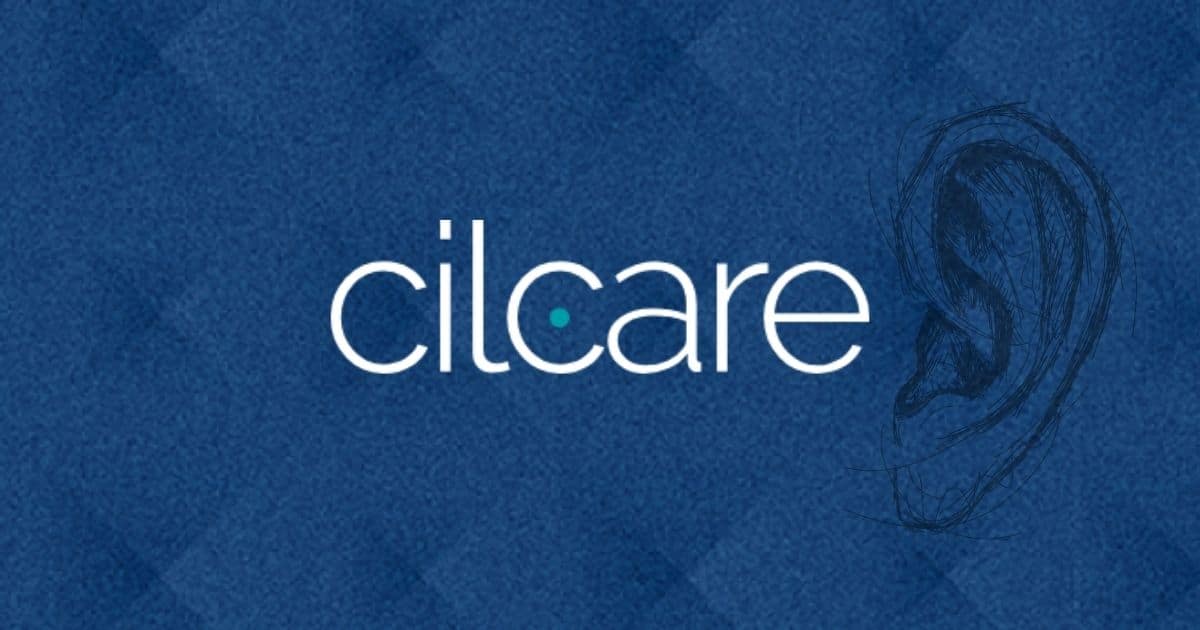MONTPELLIER, FRANCE – Cilcare, a biotechnology company specializing in auditory sciences, has announced the launch of the SAPHIR study (early Stage of Alzheimer’s and Parkinson’s diseases, HearIng Relevance), an observational clinical study examining the relationship between hearing impairments and neurodegenerative diseases, particularly in the early stages of mild cognitive impairment (MCI) and Parkinson’s disease.
Conducted in partnership with the University Hospitals of Gui de Chauliac (Montpellier) and Carémeau (Nîmes), SAPHIR aims to identify auditory biomarkers that could facilitate early detection and improve management strategies for these conditions.
The study builds on Cilcare’s broader research efforts, including the recently completed DIAMANT study, which explored links between diabetes and auditory dysfunction. By leveraging advanced auditory testing and biological biomarkers, SAPHIR seeks to develop digital auditory signatures that may serve as early indicators of neuroinflammatory and neurodegenerative diseases.
Addressing a Global Health Challenge
Hearing impairment is a significant public health concern, affecting over 20% of the global population and projected to impact nearly 900 million people by 2050 (WHO, 2021). Sensorineural hearing loss, the most common form, often results from cochlear synaptopathy—a condition that is difficult to detect in its early stages with standard audiometry.
In Europe, 40% of dementia cases are linked to modifiable risk factors, with hearing loss among the most critical (Livingston et al., 2020). These findings underscore the urgent need for earlier detection and intervention strategies.
SAPHIR’s Research Approach
The SAPHIR study will recruit 309 participants, divided into three groups:
- Individuals with mild cognitive impairment (MCI)
- Individuals with Parkinson’s disease
- An age-matched control group
Participants will undergo comprehensive auditory assessments, including audiometry, tympanometry, electrophysiology, and speech-in-noise testing. The study will also examine biological biomarkers, particularly plasma-based indicators, to explore potential connections between hearing dysfunction and neurodegeneration.
The primary goal is to assess the prevalence of cochlear synaptopathy—characterized by speech-in-noise deficits despite normal or slightly altered pure-tone audiograms—across the three participant groups. Secondary objectives include investigating other hearing disorders, such as auditory neuropathy and asymmetric hearing loss in Parkinson’s patients, and their potential links to motor symptoms.
Implications for Future Treatment
With an estimated nine million people affected by Alzheimer’s and Parkinson’s in Europe, the SAPHIR study could inform the development of innovative diagnostic and prognostic tools. Potential outcomes include:
- Identification of early auditory markers to aid in preventive care
- A better understanding of the link between hearing disorders and neurodegenerative diseases
- Improved patient quality of life and potential reductions in healthcare costs
“Our observational studies help ensure that the right treatments reach patients at the right time while providing robust evidence of drug effectiveness through objective biomarkers recognized by health authorities. By exploring the link between hearing and neurocognitive disorders, we aim to advance auditory science and protect this essential sense.”
–Celia Belline, CEO of Cilcare
Findings from the SAPHIR study, expected by mid-2026, will help refine Phase 2a trial protocols for CIL001, a drug candidate targeting cochlear synaptopathy, while also contributing to the preclinical development of CIL003.
The study’s use of artificial intelligence to identify and stratify patient groups could pave the way for more targeted and effective therapies.
About the SAPHIR Study
SAPHIR is a multicenter, prospective, cross-sectional study classified as RIPH2, focusing on individuals aged 50 to 85. Participants will undergo blood tests, cognitive assessments, and auditory evaluations across three visits, with an optional follow-up consultation with an ENT specialist.
The study’s primary objective is to compare the prevalence of cochlear synaptopathy among participants. Secondary objectives include assessing other hearing disorders, studying asymmetric hearing loss in Parkinson’s patients, and investigating potential correlations between auditory profiles and Alzheimer’s disease using plasma biomarkers.
About Cilcare
Cilcare is a biotechnology company specializing in auditory sciences, developing cutting-edge solutions for the characterization, diagnosis, and treatment of hearing disorders and associated diseases. Founded by three visionary entrepreneurs, the company now employs a team of 45 international collaborators, supported by a scientific advisory board. Since its creation in 2014, Cilcare has dedicated itself to addressing these global challenges by combining an advanced R&D platform, a promising drug candidate portfolio, and the use of artificial intelligence and machine learning to characterize various forms of hearing loss.
For the past 10 years, Cilcare has also made its technology available to industry leaders and researchers in Europe, the United States, and Asia to accelerate the development of drugs, gene and cell therapies, and medical devices for hearing disorders.
Source: Cilcare






